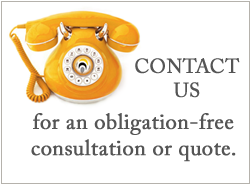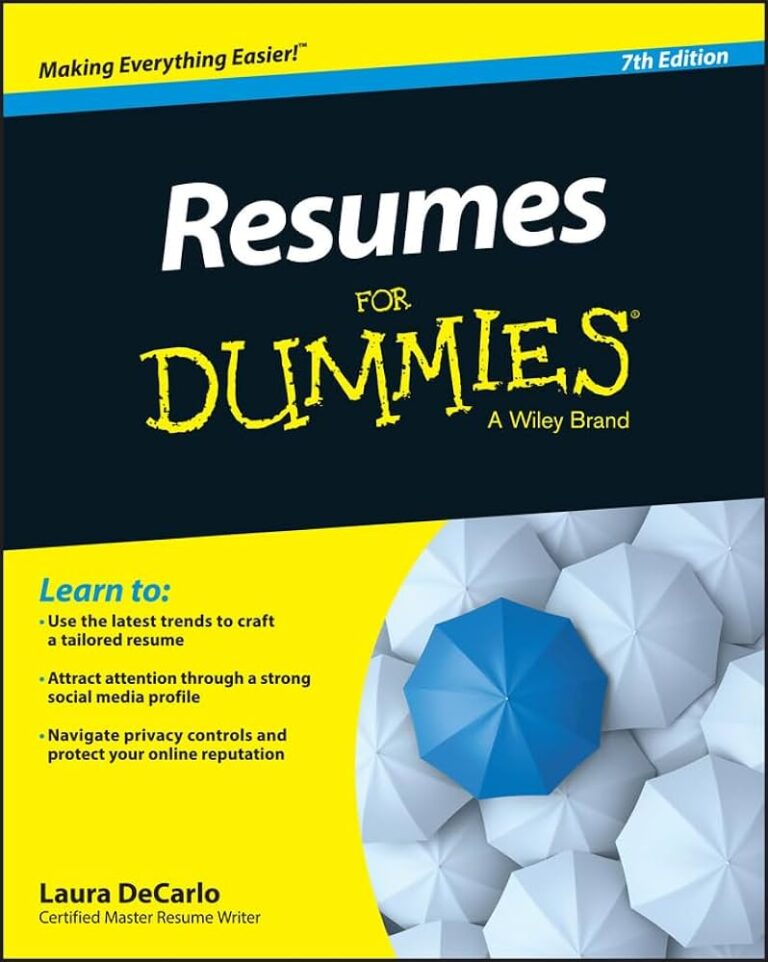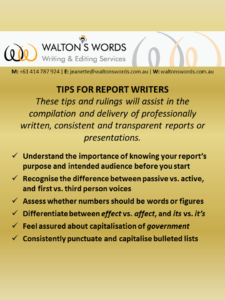Your professional, job-tailored resume should always include your most relevant employment and academic history (including licences, certifications and training courses), as well as a summary of your core strengths and capabilities (including a mix of hard and soft skills). But the inclusion of your referees is largely dependent on the job that you’re applying for – in particular, what is specified in the ‘how to apply’ instructions.
It’s now commonplace to leave referee contact details off your resume unless the job ad, position description or the recruiter specify these within the initial job application stage. This is partly because such detail can take up precious document space within your resume, but also because it can have legal implications. Some firms now make it a policy not to provide references, and there could also be confidentiality issues. This also helps to ensure your referees are not continually and unnecessarily contacted during your job search. They should only be contacted when you’re in the final, ‘more serious’ job application stages. You could always obtain and include a brief written testimonial from a referee in your resume.
So with all of this in mind, here are several housekeeping rules on the use of referees as part of your job application:
Choose your referees well: With close to 50% of recruiters checking candidates’ references, it’s essential you have around five ready. If your work history is varied, consider keeping a list of up to 10, then using at least three for each relevant role. When choosing referees, select those you believe will be most articulate and positive about your time together.
Stay in touch with referees: Networking is a major player in today’s job market, so maintaining contact with your potential referees is a double-win. You’ll not only ensure you have up-to-date contact details, but you could also be top of mind if career opportunities come up. Let them know when you’re conducting a job search, and perhaps highlight what you’d like them to focus on if/when contacted by recruiters (e.g. a joint project).
Keep it separate but streamlined: While your reference list should be separate from your resume, it’s going to look more professional if this document is formatted in the same style. Also be consistent in the detail you include for each referee, which should generally be:
- Referee’s Name
- Referee’s Job Title
- Company Name (note if they’re no longer there)
- Company Address (city, state, etc.)
- Referee Phone Numbers
- Referee Email Address
- Your Relationship to Referee
Having your list of referees ready to hand over during or after the job interview stage (when asked) is going to convey professionalism and proactivity. Maintaining a list of referees that are reliable as well as positive about your most relevant skills and offerings is going to validate and add depth to the career strengths that you’ve promoted in your resume.
________________________________________________________________________
Walton’s Words has extensive experience in helping job seekers compile professionally written, career-selling documentation. We can help construct resumes, cover letters, LinkedIn profiles, selection criteria, and any other documentation that will help you win your dream role. So drop us a line or give us a call if you’d like some assistance with your next career step.




